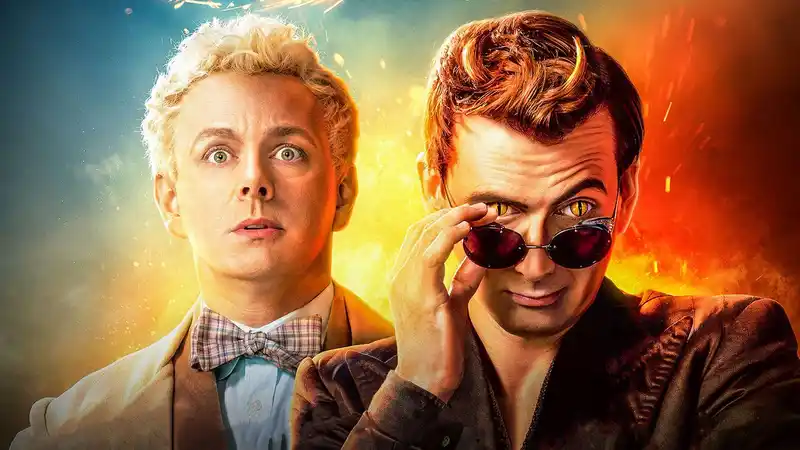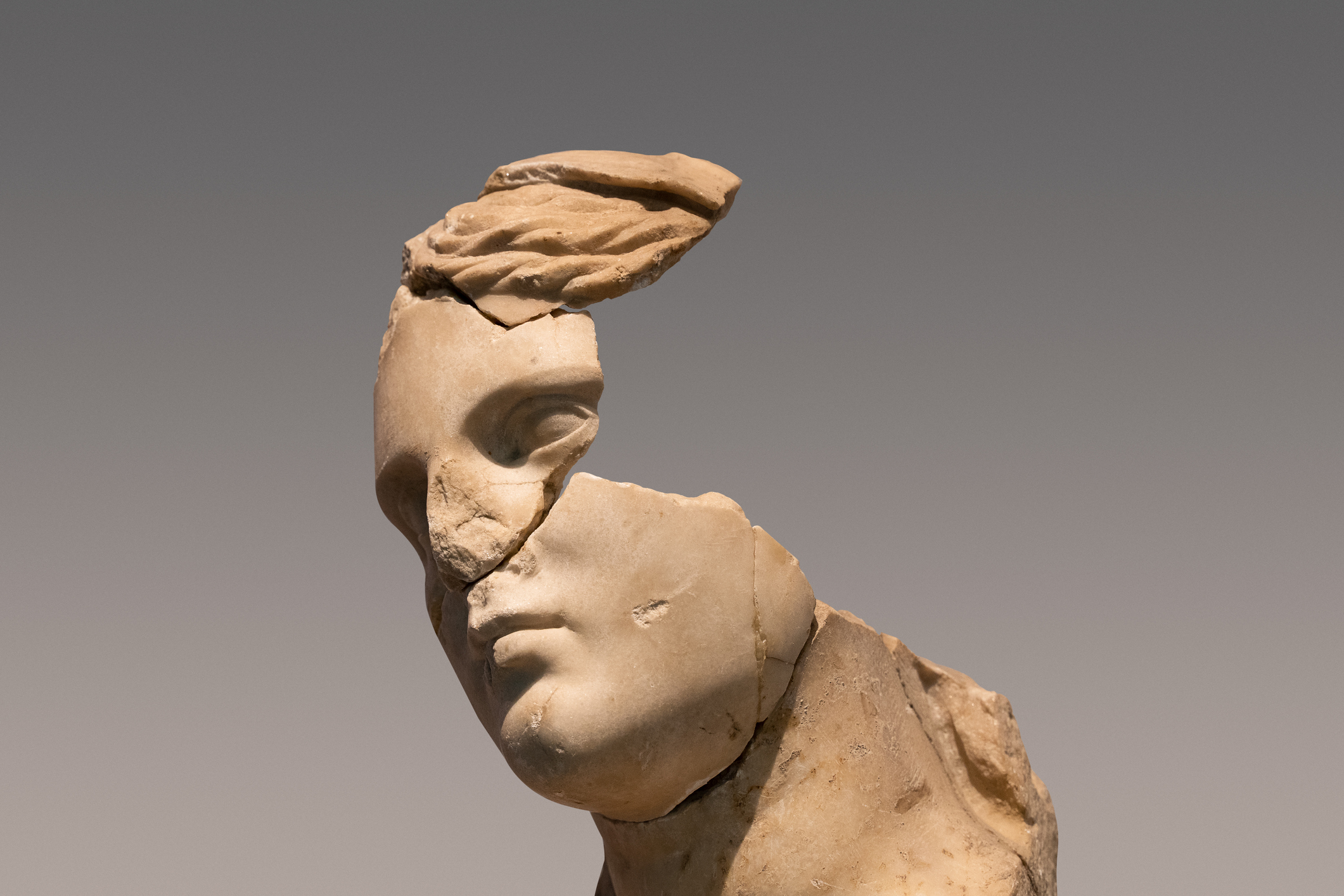Nothing presses on greatness harder than the expectation of more greatness still.

On the eve of this year’s NBA finals, let me begin this piece on greatness by stipulating that although I write from firsthand experience, I do so as a world-class spectator and by no means as anyone remotely resembling a champion.
That said, let’s first define greatness of any stripe as the ability and evidence of the best version of oneself. In my book, that makes Roger Federer a great tennis player, Abraham Lincoln, a great American president, and, before his death, British author John LeCarre, the greatest living English writer.
But at a time where greatness is also measured horizontally—the greatest this season, the greatest of her generation, the greatest of all time—declaring number oneness is not only a debatable science, sometimes hotly so, it can also be not just ironic but deeply conflicting for those we so measure.
Number One? Go on!
How long will she last?
It still doesn’t make him the greatest that ever lived!
I once spoke with a two-time NBA champion about a mutual friend in another sport who would one day be a two-time World Series winner and a Cy Young recipient more often than any pitcher in the game’s history. It was nearing the start of the baseball season, and our friend was holding out for more money, raising the media and all the yapping they incited to a fever pitch.
“Sure, he makes a ton,” my friend began. “But who can fault him for skipping spring training to hold out for more? He’s coming up on thirty. A ruptured tendon or freak line drive to the face, and his career is over like that. I mean, now is now, Scott. In this business, nobody can know anything about tomorrow.”
Except that for some in sports or any concern where being at the top rates a distant second to the ability and evidence of managing to stay there, nothing presses on greatness harder than the expectation of more greatness. Approaching thirty myself, my friend’s defense of our friend’s tactics brought to mind the most poignant (if similarly ironic) lesson I picked up in business school.
There is no such thing as a long-term, sustainable, competitive advantage. Period.
As if that principle were not hard enough on those who would achieve—and then hold onto—greatness, its corollary is even tougher.
No other force works harder to dethrone greatness than greatness itself. Exclamation mark!
I hope in future to say more about both of the above, especially the latter. But for now, let me share two brief stories narrated by two great men.
When my decades-long friend and colleague Dr. Richard Schroth published a New York Times best-selling book on how companies lie and cheat to get and stay at the top of their game, I asked after his plans for staying at the top of the NYT list.
“You mean will there be a sequel? Heavens no!” he said. “You know I spent time in professional baseball. I’ve seen that movie too many times not to have figured out what up means. The last thing I want is to be a slave to my own success.
Where had I seen that movie?
My late father, considered by many who knew him to have been a great tennis player, rarely spoke of his athletic adventures. A couple of years into taking up tennis, I found some boxes of ancient trophies and news clippings in an abandoned storage area beneath our deck. Hauling them into the light, it took my mom to prod my recalcitrant dad to come clean about his former ‘greatness.’
“You can’t keep this hidden, Lee. He’s out on the court everyday day. Shall I tell him or will you?”
Crickets. (And not just those scampering in the old boxes.)
But I could read and was old enough to put two and two together, including that after winning state, regional, and university championships, my dad received an invitation to play at the U.S. Open tennis championships in New York. Like the hero of a Bernard Malamud novel, my dad never bothered to attend the event.
Years later, I learned, in pretty much the same way, that my dad had been the recipient of his alma mater’s first master of fine arts in architecture and offered a doctoral fellowship at MIT. But he closed the door on that path to ‘greatness’ as well.
Between the two strokes that would later end his life, my dad was granted six quiet years of imposed retirement where (I suspect)—he struggled to make sentences he felt sure of—he spent time silently measuring his life. In one of the last conversations I had with him, he passionately made certain I knew his dying wishes, which I render here mostly in his own words.
“When I go, I don’t want anyone to write or talk about anything I ever achieved. Not my tennis. Not my architecture. None of that stuff. The only things I ever did in this life that amounted to a hill of beans were to have a family and stay true to my faith. I don’t care about the rest of it and neither should you.”
I ignored his dying wishes, of course. I felt it too important for his posterity–ten children, 51 grandchildren, and a passel of great-grandkids, not to know how their father, grandfather, and great-grandfather brought about their very existence through the choices he made.
“When your grandfather met your grandmother, his tennis star was on the rise,” I said at his funeral. “He had just thrashed a player in straight sets who the next weekend took the world number one to a five-set final. But when his very devout beauty queen fiance firmly informed him that ‘No husband of mine is going to play professional sports on Sunday,’ that was that. You all have his sacrifice to thank for being born.”
As for MIT, I likewise dragged it out of my mom that the doctoral fellowship would have taken us to Massachusetts, two thousand miles from where all ten of us would later meet our spouses-to-be, but more to the immediate point, far from my mother’s own widowed mother who had begun to lose her sight.
“Your dad figured it was only a matter of time before his mother-in-law would need to move in with us. So, like George Bailey, he stayed put for the duration.”
If my father rolls over as he ‘reads’ this, so be it. In a world full of all sorts of greatness—the ability and evidence of the best version of oneself—silent stories about my heroes and yours ought occasionally to be celebrated in their own world championships.
This post is from a LinkedIn Newsletter called Human Changing. You can access the entire series here.


